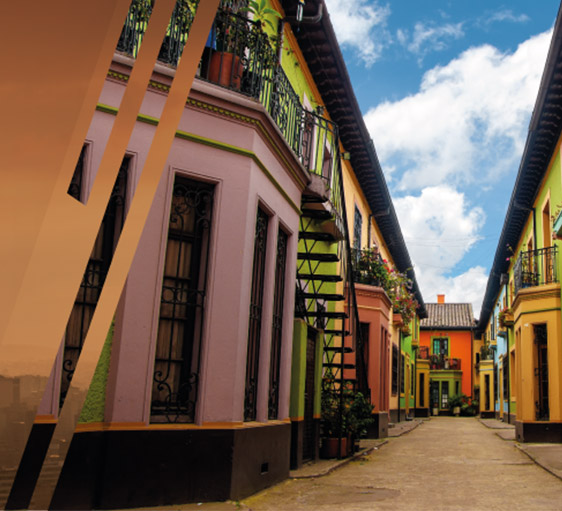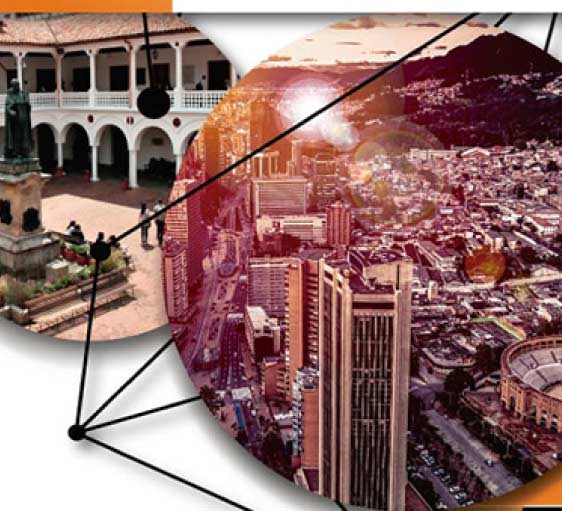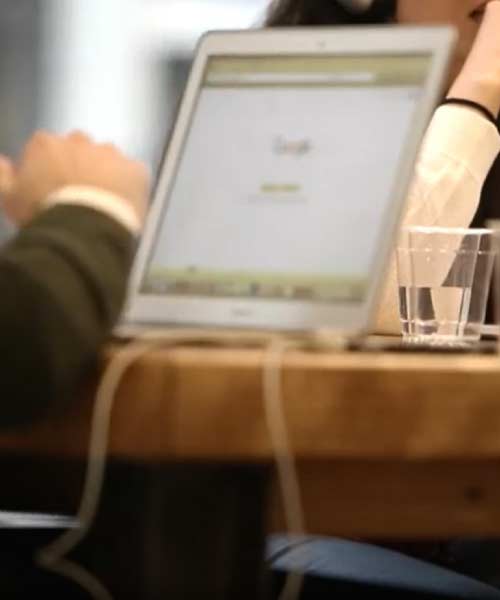
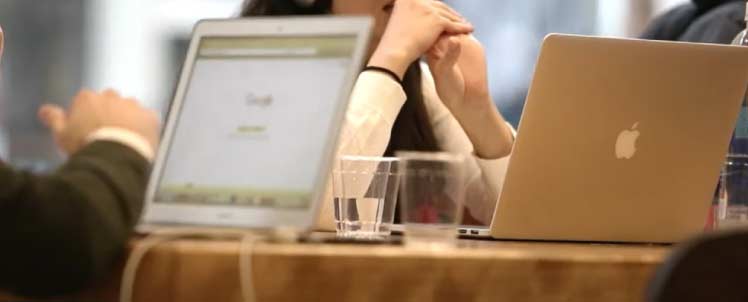
Rosario Experimental and Behavioral Economics Lab (REBEL)
Rosario Experimental and Behavioral Economics Lab (REBEL)
Bogotá is the epicenter of experimental economics in Latin America, and the Rosario Experimental and Behavioral Economics Lab is at the heart of it the epicenter. Universidad del Rosario had the first Experimental Economics laboratory in Colombia (2010) and in South America. Now, it hosts the largest experimental economics group in Latin America. We organize the most important (and longest running) experimental economics conference in Latin America, and jointly with other universities in Bogotá we co-organize a local weekly experimental seminar: BEBES.
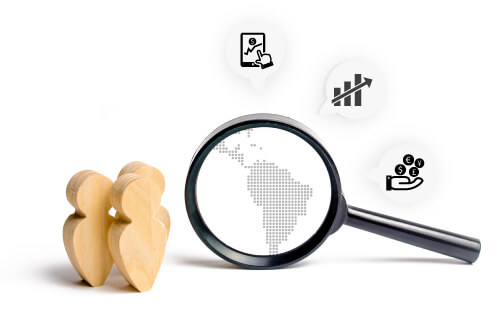

LAB FACILITIES AND FUNCTIONS
The Economics Laboratory from Universidad del Rosario is a facility for conducting experimental research on human behavior that is of interest to social scientists. In these experiments, which are conducted using computers or paper-and-pencil, participants engage in decision-making tasks that are designed to test theories about human behavior. The facility supports a wide range of experiments, including those in which subjects make individual decisions, and those in which subjects interact with each other.
Subjects receive a 10.000 COP (about 3.5 USD) show-up fee for their participation in an experimental session and have the opportunity to earn additional money during the session. The additional amount earned by a participant depends on the decisions she makes during the experiment; sometimes, it also depends on the decisions made by other participants, or chance. Currently REBEL has two labs. The first laboratory is located at the university’s Claustro Building, Calle 12C #6-25, room 207. It is equipped with 30 workstations, each of which contains a computer with zTree and full web capabilities. It is also equipped with mobile partitions that can be used to isolate the workstations.
The second is a brand new lab outside of the campus. It is conveniently centrally located in Edificio Suramericana (Avenida Jimenez No 8 -49), at the heart of the city center. It has 50 workstations in a split (20+30) lab configuration, which allows to run two experimental sessions simultaneously. It also has a separate monitor area, a reception area, facilities for double blind payments, and two interview rooms with workstations equipped with biometric capabilities (eye tracking, face reader and GSR measuring technology).
REBEL maintains a pool of different types of subjects. The main sub-pool is from college students (from Universidad del Rosario and from several other universities). "REBEL maintains a pool of different types of subjects. The main sub-pool is from college students (from Universidad del Rosario and from several other universities).
Post-Docs, Graduate Students and Research Assistants

Information for Researchers
Please send us an e-mail to rebel@urosario.edu.co Tell us what is your experiment about and we will start guiding you with the rest of the procedure.
We conduct computer-based and paper-based experiments. Computer-based experiments can be programmed in oTree or zTree. Paper-based experiments may be accompanied of additional charges depending on the required number of monitors and the ease of manual computations.
For experiments run in oTree or zTree the screenshots of the whole experiment must be sent in a .doc or .pdf file, with one screenshot per page.
- For experiments with multiple identical rounds please send all the screenshots from a single round.
- For paper based experiments the researcher must submit the experimental protocol, as well as the decision sheets and any other relevant material.
Our Lab Policy is to run, without exception, at least one dry run session (without participants) and a pilot session (with trained participants who receive a flat rate covered in the pilot cost) for every project.
- In case that we detect minor programming issues in the first dry run we will inform the researcher, who will need to correct these issues for the second dry run. If the programming issues persist after the second dry run we will charge $30 USD per extra dry run. We also reserve the right to refuse running an experiment if the programming issues are severe.
- In case that after the pilot session the protocol still requires significant modifications, an additional pilot session will be conducted, and charged, to the researchers. So please make sure your experimental instructions are clear and ready when you submit your experiment.
Payments to participants
On average, each participant must be paid 10 USD per hour of experiment. The minimum payment per participant is 3 USD. The researcher must guarantee that each participant receives at least the indicated payment. Either as a show-up fee or as part of the experimental earnings.
When estimating the average duration of the session please take into account the time spent reading the instructions (on average 20 minutes, but it depends on the experiment) and the time paying the participants (around 15 minutes).
Please make sure your program, in oTree or zTree, automatically computes each subject’s earnings. We will increase by 3 minutes per player the duration of the experiment, and its corresponding charges, in case the payment computations need to be done by hand.
IRB – Ethics Committee approval
Your submission of the experimental protocol must be accompanied by the IRB approval from the host institution of at least one of the researchers involved in the project In case that the project does not have an IRB approval we will discuss on the possibility to submit the study to the Social Sciences Research Ethics Committee from Universidad del Rosario. Please take into account that this procedure may delay the execution of the experiment in 3-4 weeks.
Every submitted project has to complete the following checklist. In case of a positive response to any of the items, the researcher must provide an explanation and an assessment of risks for each of the items marked with a “Yes”.
FAQ
An experiment is part of a research project about human behavior, in which the researcher aims to identify behavioral patterns that are of interest for economic theory or for the design of public policy.
What type of decisions will I have to make? Decisions are simple. For example, you may have to choose among different situations that involve different amounts of money, or you may have to decide on how to distribute a fixed amount of money between you and another participant. Knowledge of economics is not required to participate. You just need to be yourself.
What happens if I am not allowed into the lab for a session that I was invited to?
Persons arriving late will not be allowed to participate in the session and will not receive experimental payments.
If you arrived on time, but you are not allowed into the lab for a given session because more people than needed showed up, then:
- You will be paid COP 5.000 for showing up on time and will be dismissed.
- You can participate in the next experiments and might be given priority to enter the lab in the following session.
- Receive payment in cash, right after the experiment has finished. The minimum payment is COP 10.000.
- All decisions made during the experiment will be confidential. All personal information, decisions, and earnings will be anonymous. The identity of the participants and their personal data will not be published.
- The participant has the right to leave the experiment at any time. However, note that if this happens, you will not be entitled to receive your earnings for that experiment and you will not be invited to future experiments.
- The participant is entitled to ask questions during the experimental session. If the participant does not understand any part of the experiment, s/he should call the experimenter’s attention by raising her/his hand so that someone from the research group can approach her/his desk to answer the question in private. It is strictly forbidden to ask questions aloud.

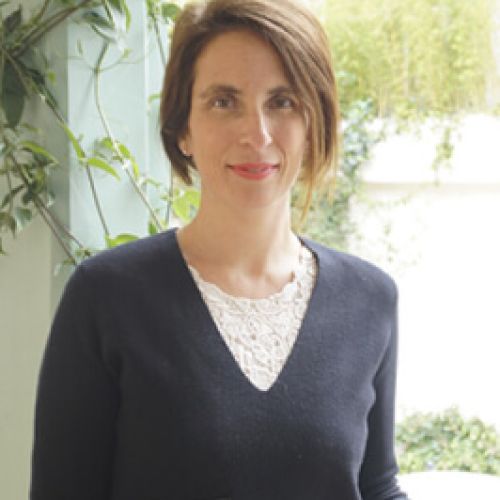
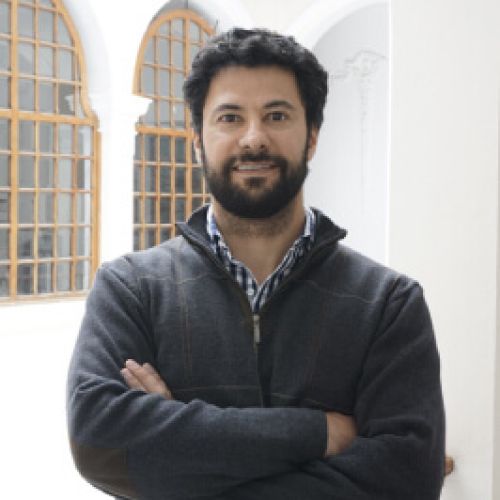
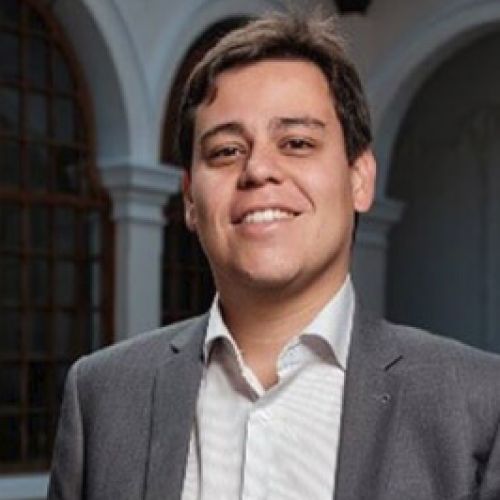
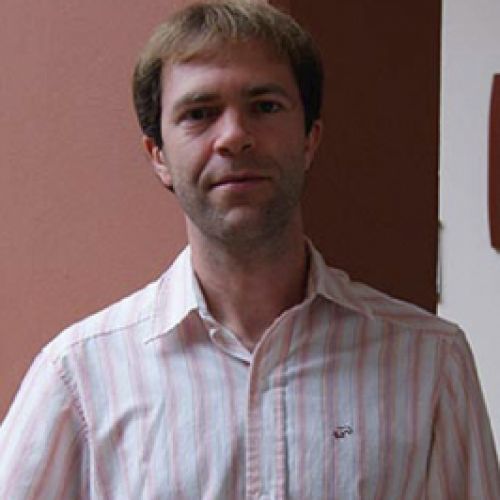
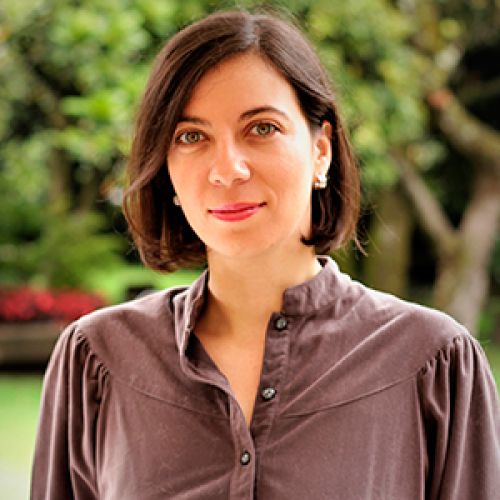
![Thumbnail [200x250]](/sites/default/files/2023-01/BEEC-2020.jpg)
![Thumbnail [200x250]](/sites/default/files/2023-01/BEEC-2019.jpg)
